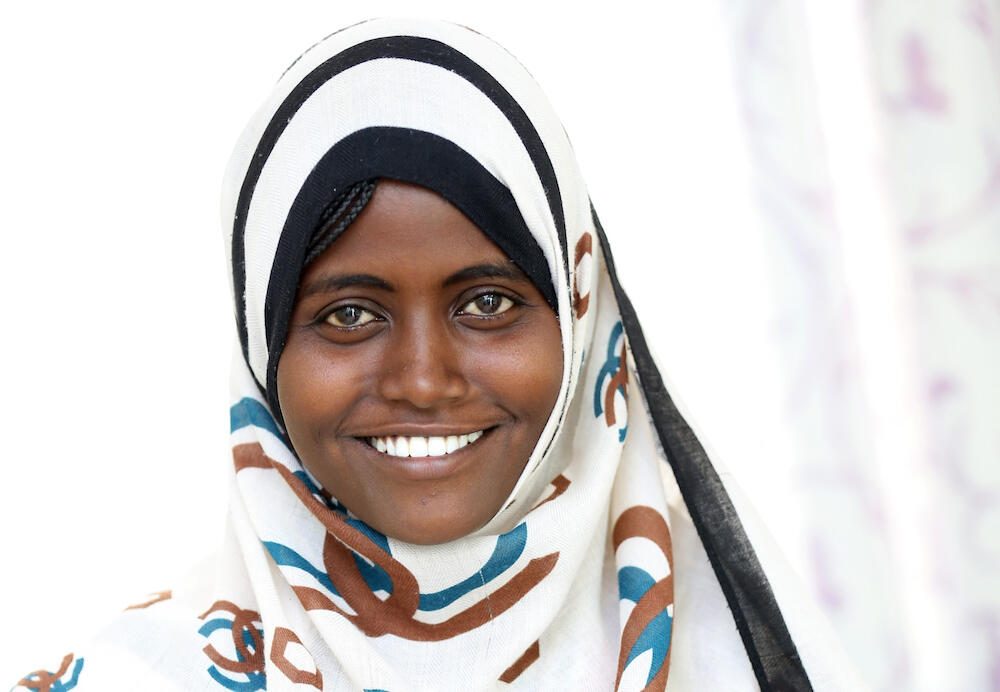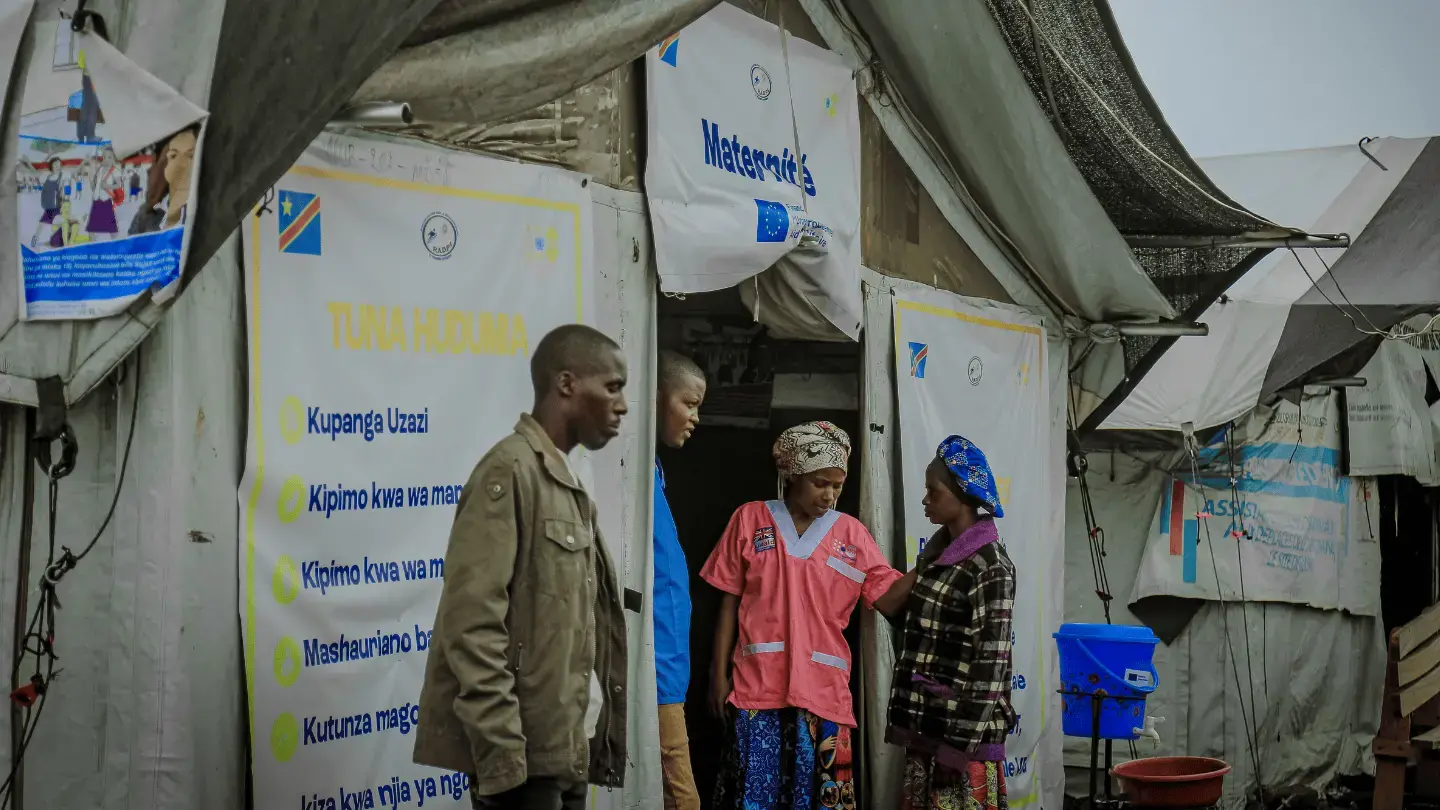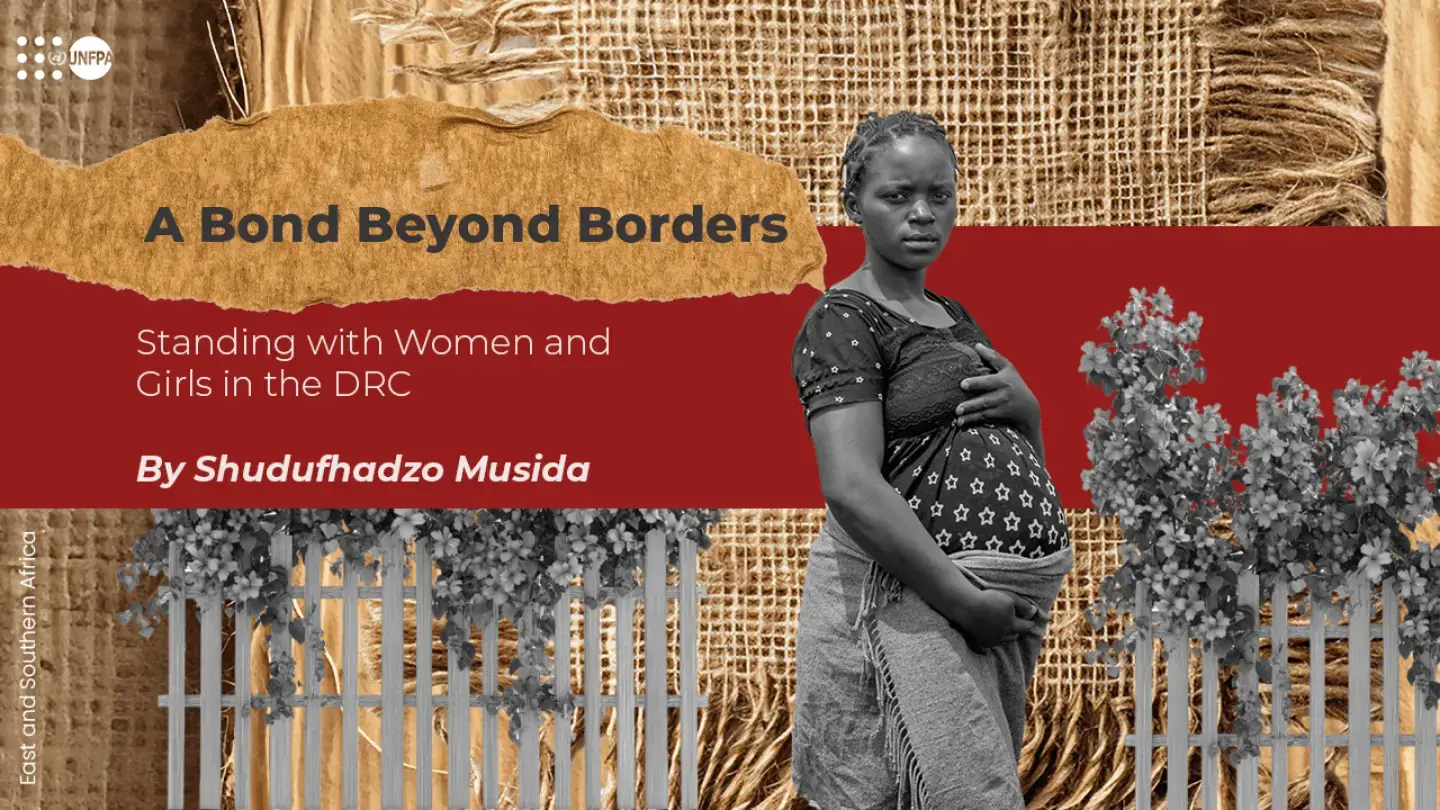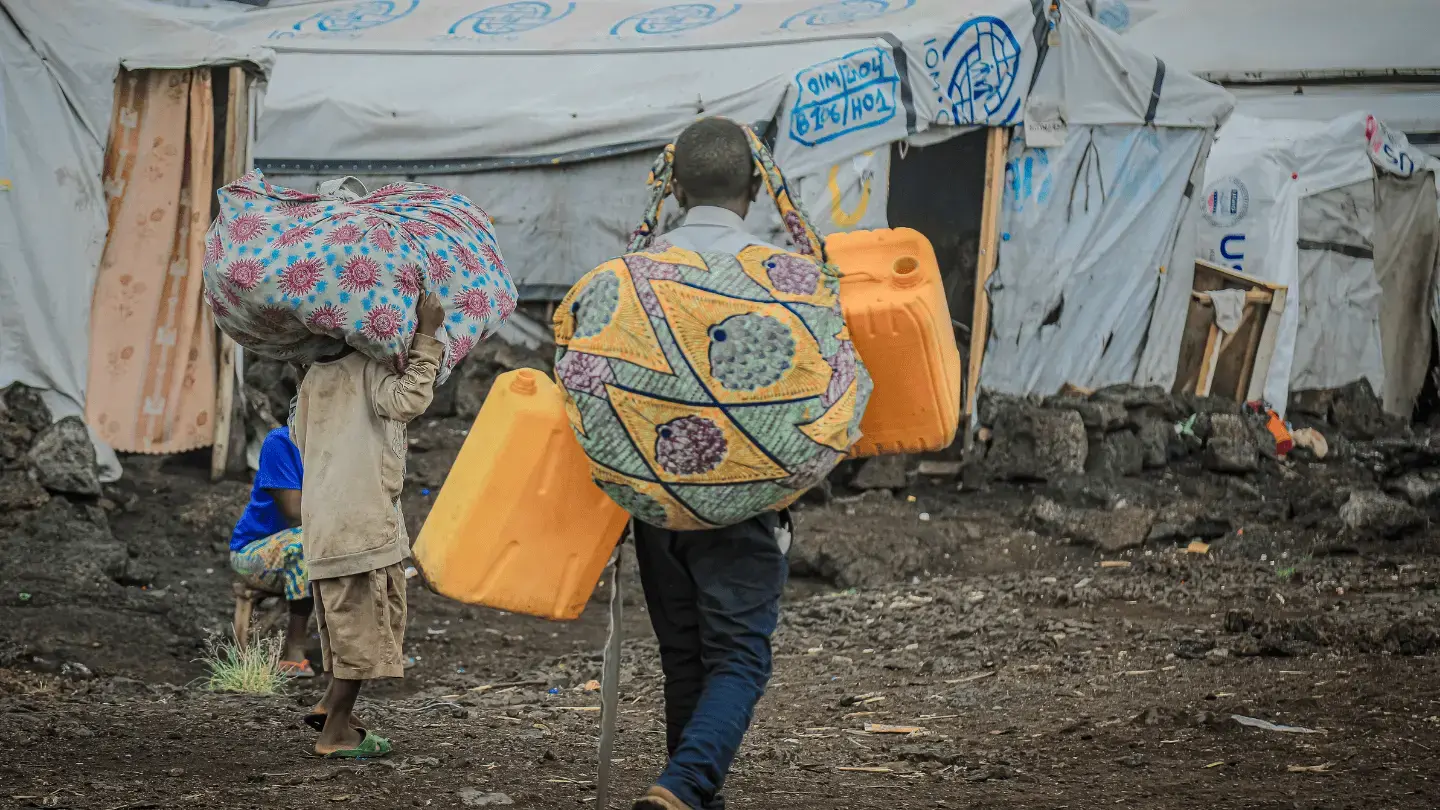Opinion editorial by Justine Coulson (UNFPA), Roberta Clarke (UN Women) and Mohamed M. Fall (UNICEF)
Statement to mark International Day of the African Child
The passing of laws to end child marriage resulted in blocking thousands of child marriages and enabling second chance education for girls. However, these gains made over the years are in jeopardy in the age of COVID-19.
In Malawi because of cases brought to court, child marriages were annulled, and girls had the opportunity to return to school. Fewer adolescents experienced female genital mutilation (FGM) compared with older generations. In Ethiopia, for instance, 47 per cent of girls aged 15 to 19 years have undergone FGM compared to 75 per cent of women aged 35 to 49 years. The same trend has been observed for child marriage, with a decline from 58 per cent of women aged 25 to 49 years compared to 40 per cent of women aged 20 to 24 years.
These changes were supported by United Nations (UN) global and regional joint programmes, including the UN and European Union Spotlight Initiative to eliminate violence against women and girls and harmful practices such as child marriage and FGM.
However, health crisis such as the Ebola and now the COVID-19 crisis undermine strategies to end sexual and gender-based violence (GBV) and other harmful practices and poses a serious threat to the significant progress made over the past decade. Livelihoods are lost, social support networks are disrupted, and we are witnessing a reduction of access to reproductive health information and services. This will inevitably result in an increase in unintended pregnancies, child marriage, school dropouts and sometimes, maternal mortality.
In East and Southern Africa, there are reports of increases in the incidents of sexual and gender-based violence including child marriage and FGM. Countries in the region, already rated as the poorest and most unequal in the world, are further grappling with the effects of the pandemic with communities sinking further into poverty. In these financially-fragile homes, increases in child labour and sexual exploitation and abuse of women and girls are likely unless prevented.
Women and girls trapped in their homes with their abusers are isolated from the services and resources. Additionally, shrinking peer support networks increase a girl’s social isolation and vulnerability. Projections estimate that 31 million additional cases of gender-based violence will occur globally if the lockdown continues for at least six months.
Among the most vulnerable are adolescent girls aged 10 to 19 years with their limited negotiation skills within the family. Many are likely to fall victim to child marriage; a practice to reduce the family’s economic burden and to increase income through dowry and bride price.
The lockdowns have temporarily shut down schools and other safe spaces for girls, and blocked access to mentorship programmes. Widespread closure of schools has interrupted the education of more than 1 billion children globally, exposing girls to a greater risk of GBV, child marriage, FGM, unintended pregnancies, and HIV infection.
Even prior to the pandemic, adolescent girls were already left behind. With today’s crisis, pre-existing gender inequalities exacerbate their vulnerability. Girls need to return to school to complete their education and create for themselves an empowered future. Post-COVID-19, families may need a financial push, and countries need to make the right investments in young people. The education of girls, second chance education for survivors of GBV, Child Marriage, and the demographic dividend should be the priority of the governments in the rebuilding efforts.
Failing to pay particular attention to the specific needs of women and girls in times of crisis will undermine their basic rights. It is imperative that public policy efforts and programmes for the elimination of child marriage and FGM are implemented during the pandemic and beyond. This means continued investment on resources that commensurate to the needs of the most left behind girls—for prevention, for education, and for lifesaving SRHR and GBV services and protection.
UNFPA, UNICEF and UN Women remain strongly committed to work with governments and all stakeholders to build societies where women and girls are free of violence and all form of discrimination by 2030. When women and girls can have access to the right information and support and when the governments prioritize their access to services and the justice system, the communities will prosper.
Justine Coulson is Acting Regional Director for UNFPA East and Southern Africa; Roberta Clarke is Senior Advisor and Acting Regional Director for UN Women, Eastern and Southern Africa; Mohamed M Fall is Regional Director for UNICEF Eastern and Southern Africa.





